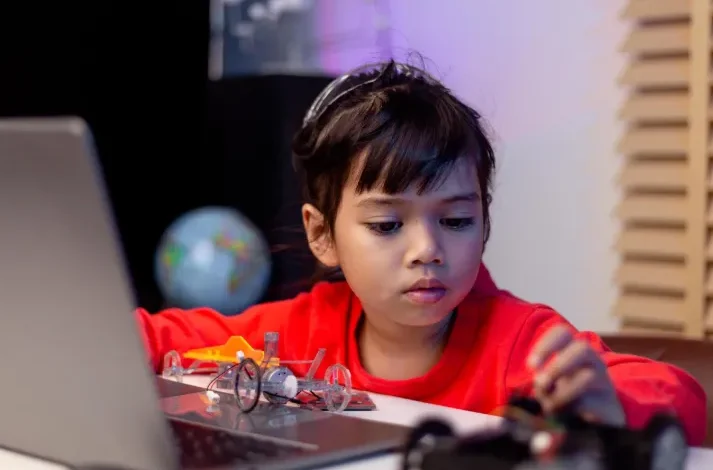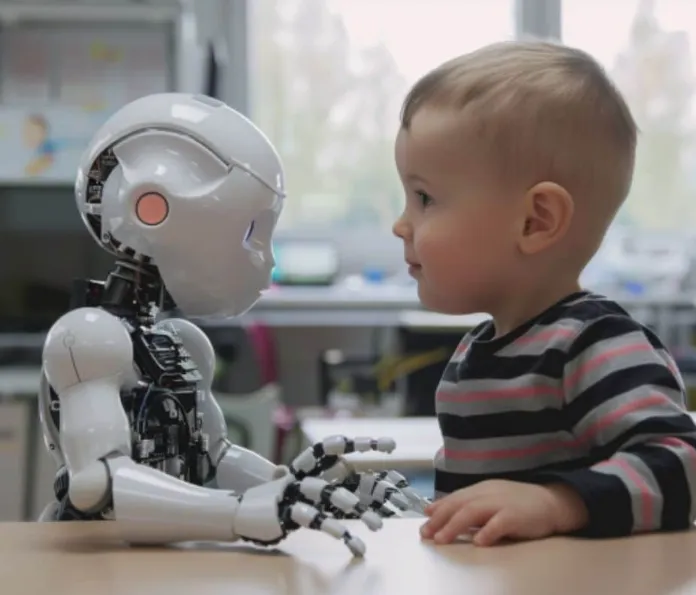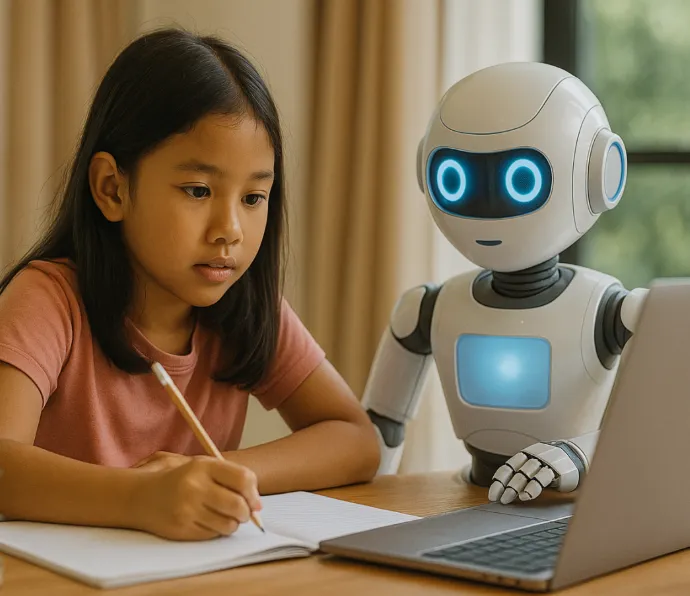Coding: The New Essential Skill Every Child Should Learn

When we think about the skills children need to thrive, reading, writing, and math usually top the list. But in today’s digital age, another skill has quickly joined the ranks—coding. Far from being a niche hobby, coding has become a modern form of literacy that equips kids to navigate a world shaped by technology.
So why does it matter, and how can parents encourage it, even without a technical background? Let’s explore.
What Coding Really Means
At its core, coding is simply the process of giving instructions to a computer. But beneath the surface, it’s about much more than technology. When kids learn to code, they’re really learning how to:
- Break large challenges into smaller, manageable steps
- Recognize patterns and sequences
- Apply logical thinking to decision-making
- Build something original, from games to digital art
This combination of logic and creativity is why coding is often compared to learning a new language—it helps children think differently and express ideas in innovative ways.
Why Early Exposure Helps
The elementary school years are an ideal time to begin. Children are naturally curious and unafraid of experimenting, which makes them perfect candidates for coding basics. Just as kids practice phonics before diving into novels, starting with block-based coding before moving into text-based languages provides a gentle introduction. Early exposure gives them confidence with technology and lays a strong foundation for more advanced learning later on.
Beyond Computers: Life Skills Through Coding
The benefits of coding extend far beyond the screen. Kids who code gain valuable life skills, such as:
- Resilience: Debugging teaches patience and persistence.
- Confidence: Creating something tangible builds pride.
- Creativity: Coding becomes a medium for storytelling and design.
Even if they don’t become software developers, these lessons will serve them well in any field, from science to the arts. For older children, moving into text-based programming and real-world projects deepens these skills while preparing them for future opportunities.
How Parents Can Encourage Learning
The good news is, you don’t need to know coding yourself to support your child. Here are some simple ways to help:
- Start with child-friendly tools – Platforms like ScratchJr, Scratch, and Code.org use drag-and-drop coding to make learning intuitive.
- Keep it playful – Treat coding like any other fun activity. A short session each week can spark steady progress.
- Show genuine interest – Ask them about their projects and let them explain what they’ve built. Sharing curiosity goes a long way.
- Look into camps or clubs – Group learning, whether online or in person, adds collaboration and motivation, especially during school breaks.
Coding Is for Every Child
Perhaps the biggest misconception is that coding is only for kids who excel at math or dream of working in tech. In reality, coding helps any child become a better problem-solver and creative thinker. It’s less about preparing for a specific career and more about developing the flexibility to thrive in a rapidly changing world.
By introducing children to coding early, parents give them the chance to see technology not just as something to consume, but as a tool to create and innovate. Coding is more than a technical skill—it’s a mindset, a way of thinking, and a new form of literacy for the next generation.







